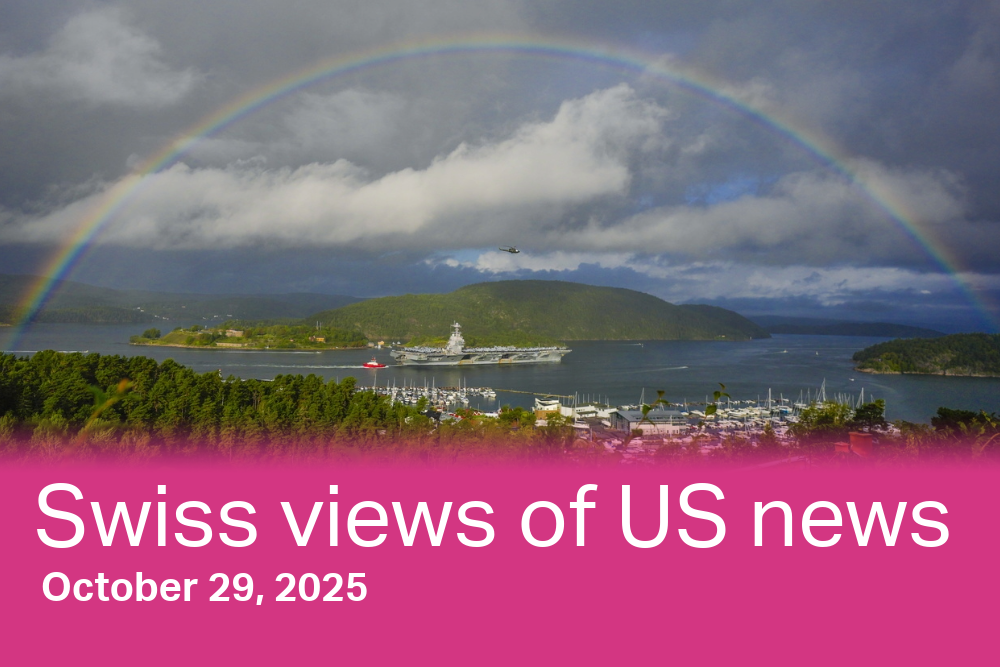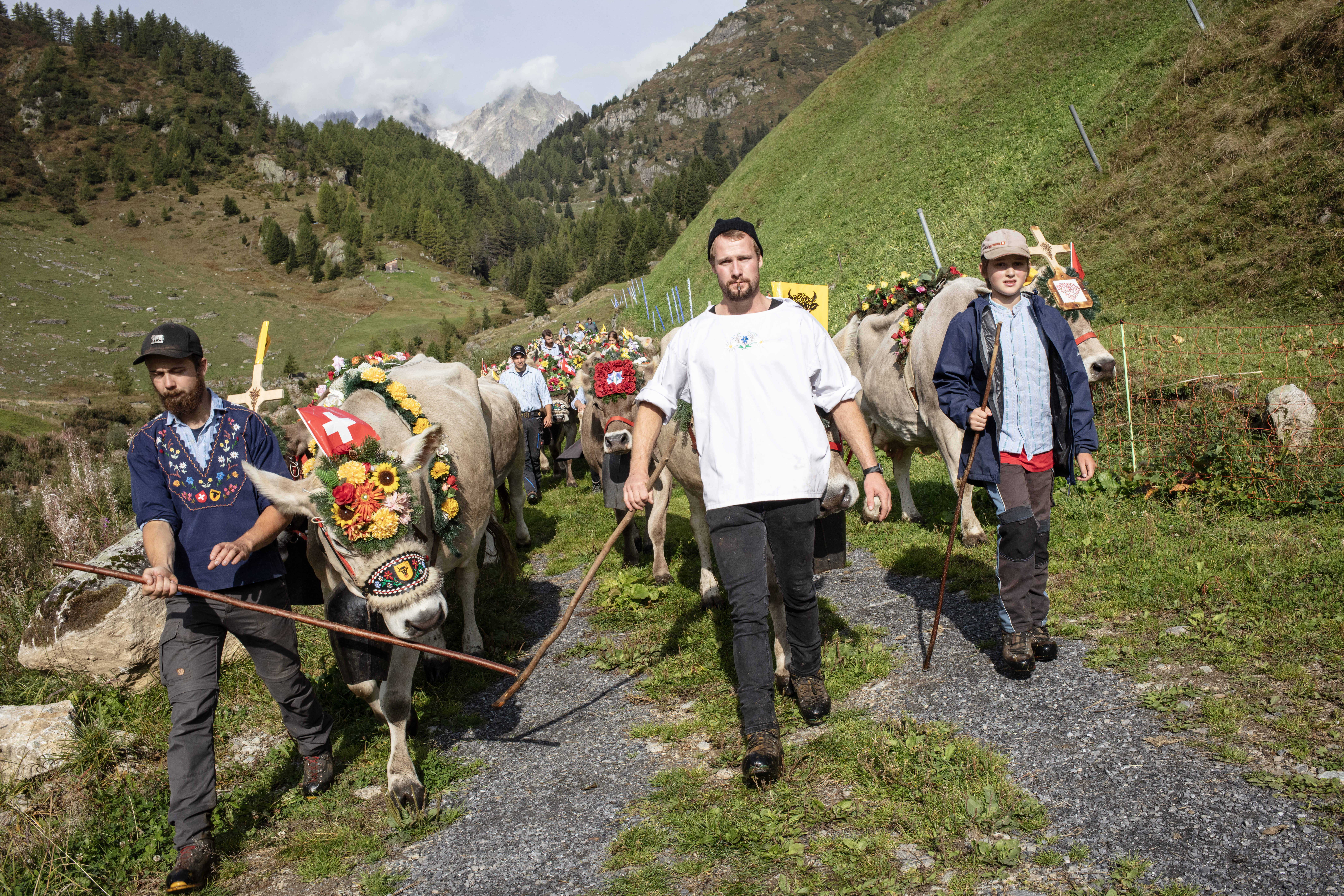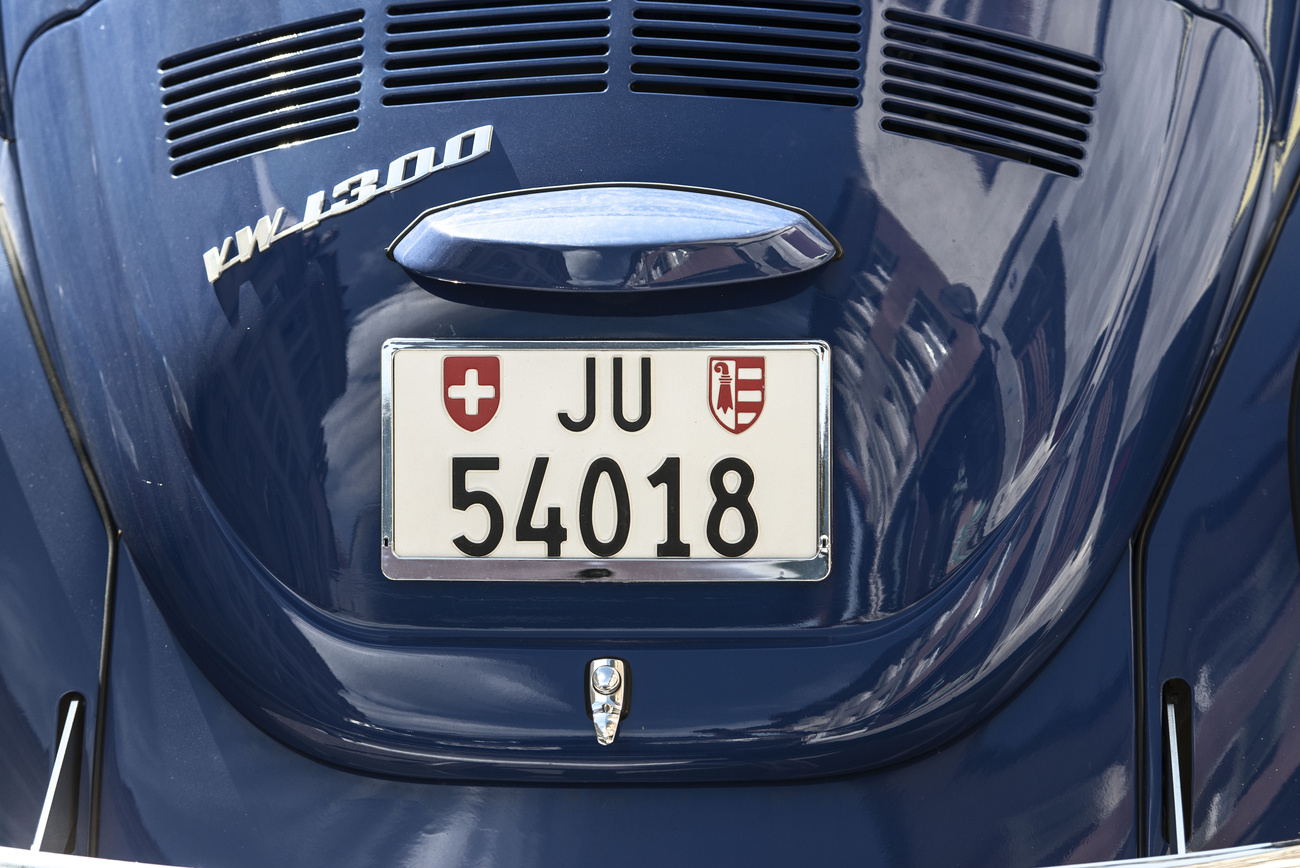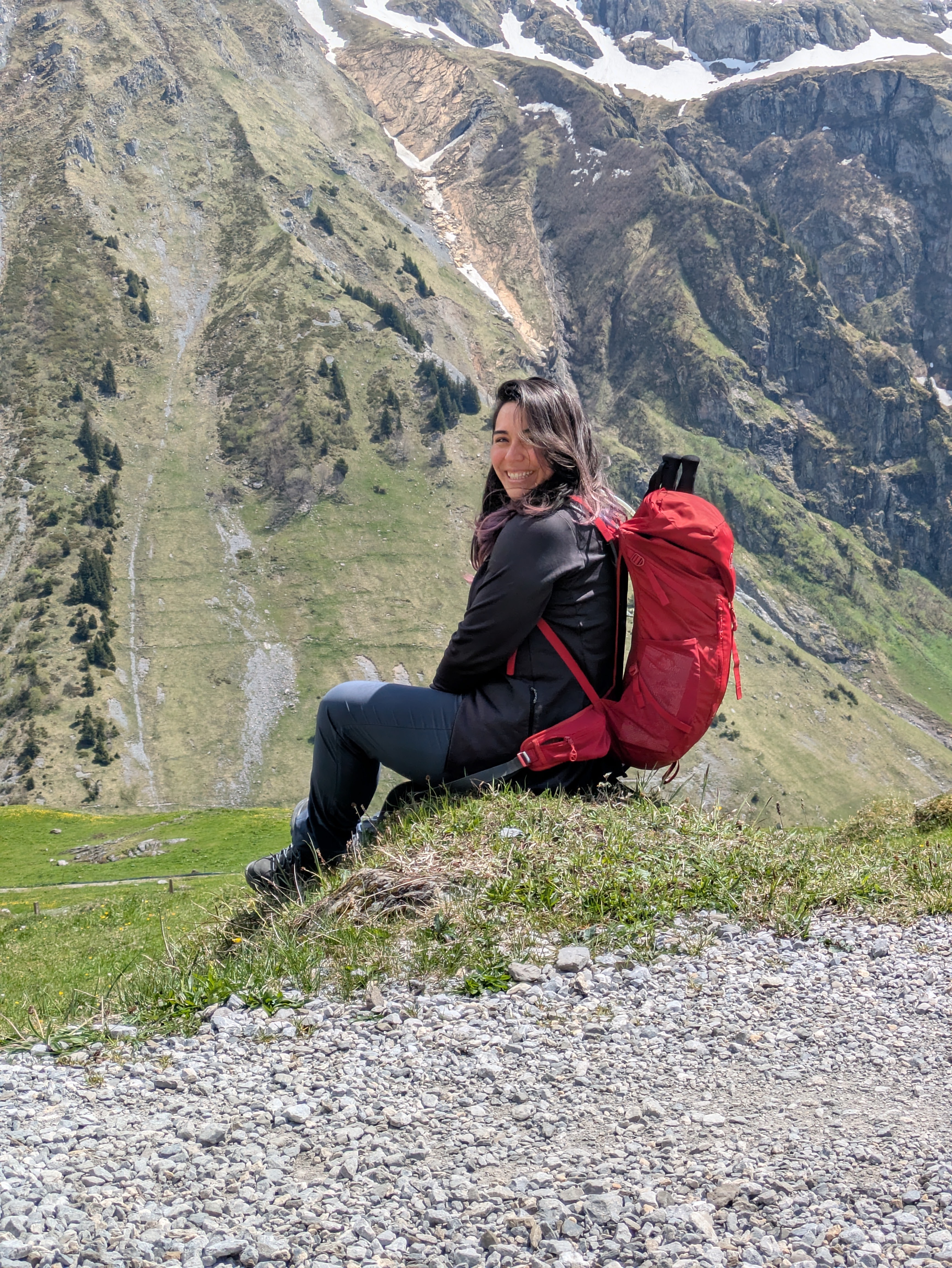
Swiss strive to evacuate nationals from Lebanon

More than 130 Swiss nationals have been evacuated from Lebanon but dozens more are trapped in the south of the country amid escalating violence.
As fighting between Israeli forces and Hezbollah militants continued into a sixth day, the Swiss embassy in Beirut was trying to pull out 55 nationals stuck in southern Lebanon.
The increasingly bloody conflict has prompted several countries, including Switzerland, to start evacuating thousands of foreign nationals from Lebanon.
The Swiss foreign ministry said on Sunday that a further 82 Swiss nationals had been evacuated by bus from Beirut to Syria. A first convoy of 54 Swiss arrived in the Syrian capital Damascus on Saturday.
But, according to the NZZ am Sonntag, a further 55 Swiss are trapped near the southern Lebanese ports of Tyre and Sidon.
“These people are in real danger,” François Barras, the Swiss ambassador to Lebanon, told the newspaper.
He said the situation was particularly worrying for 25 people living to the south of Tyre, close to the border with Israel, because roads were practically impassable due to the fighting.
The Swiss ambassador said the embassy was working closely with other countries and United Nations peacekeeping troops in southern Lebanon to organise transport to the Lebanese capital.
Thirty other Swiss near Sidon and Nabatiya have been informed by telephone to gather at a meeting point, from where France will try to evacuate them either by road or by air.
The foreign ministry later confirmed the report, saying those concerned were in “a very difficult situation”.
Officials say there are 838 Swiss nationals living in Lebanon, of which 713 hold dual nationality. But the foreign ministry told Saturday’s Le Matin newspaper there could also be “several hundred” Swiss tourists who had travelled independently to Lebanon.
The Swiss government has advised those still in the country to contact the Beirut embassy and to stay away from potential trouble spots.
Other European countries, including Spain, France and Italy, have also begun evacuating nationals from Lebanon. With Beirut airport closed following Israeli air strikes and ports blockaded, the only way out of the country appears to be by road.
Rocket fire
Rockets fired by Hezbollah guerrillas killed eight people in the Israeli city of Haifa on Sunday and bombs shook Beirut as Israel pursued its assault in Lebanon aimed at crippling the Shi’ite Muslim group.
It was Hezbollah’s deadliest rocket strike on Israel in at least ten years and Israeli Prime Minister Ehud Olmert said it would have “far-reaching” consequences for Lebanon.
Hezbollah said the attack was in retaliation to Israel’s killing of civilians and the destruction of Lebanese infrastructure.
Israel’s campaign in Lebanon, launched after Hezbollah killed eight Israeli soldiers and captured two in a cross-border raid on Wednesday, has drawn only a mild plea for restraint from the United States, which blames Hezbollah and its allies, Syria and Iran.
President Bush, speaking at a G8 summit in Russia, characterised Israel’s actions as self-defence and ignored Lebanon’s pleas for an immediate ceasefire.
The US earlier blocked any move by the UN Security Council to demand a ceasefire, saying the focus for diplomacy should be the G8 summit in St Petersburg.
On Sunday evening the G8 called for a cessation of hostilities and said it was in favour of a UN observer mission being sent to southern Lebanon.
Israel says its onslaught, which has killed more than 100 people, mostly civilians, is designed to force Lebanon to dislodge Hezbollah from its southern border strongholds.
Hundreds of Hezbollah rockets have killed at least 12 people in Israel over the past five days. Thousands of Israelis have fled the north to escape the attacks.
Israel’s campaign in Lebanon followed the launch of an offensive in the Gaza Strip on June 28 to try to retrieve another captured soldier and halt Palestinian rocket fire.
Israel widened that assault on Sunday, killing a Palestinian civilian in southern Gaza and three militants in the north.
swissinfo with agencies
According to the foreign ministry, there are 838 Swiss nationals living in Lebanon.
Officials believe there could be “several hundred” Swiss tourists in the country.
Switzerland is advising people not to travel to Lebanon because of the ongoing security risk.
On Thursday the Swiss foreign ministry issued a statement criticising Israel’s actions in Lebanon.
The Swiss, who also condemned the attacks by Hezbollah, said the Israeli reaction was “disproportionate” and threatened a “non-hostile neighbouring state”.
Switzerland called on all parties to end the “destructive escalation, which is now threatening to develop into a regional war”.
The Swiss also appealed to all sides to respect international humanitarian law.

In compliance with the JTI standards
More: SWI swissinfo.ch certified by the Journalism Trust Initiative






























You can find an overview of ongoing debates with our journalists here . Please join us!
If you want to start a conversation about a topic raised in this article or want to report factual errors, email us at english@swissinfo.ch.